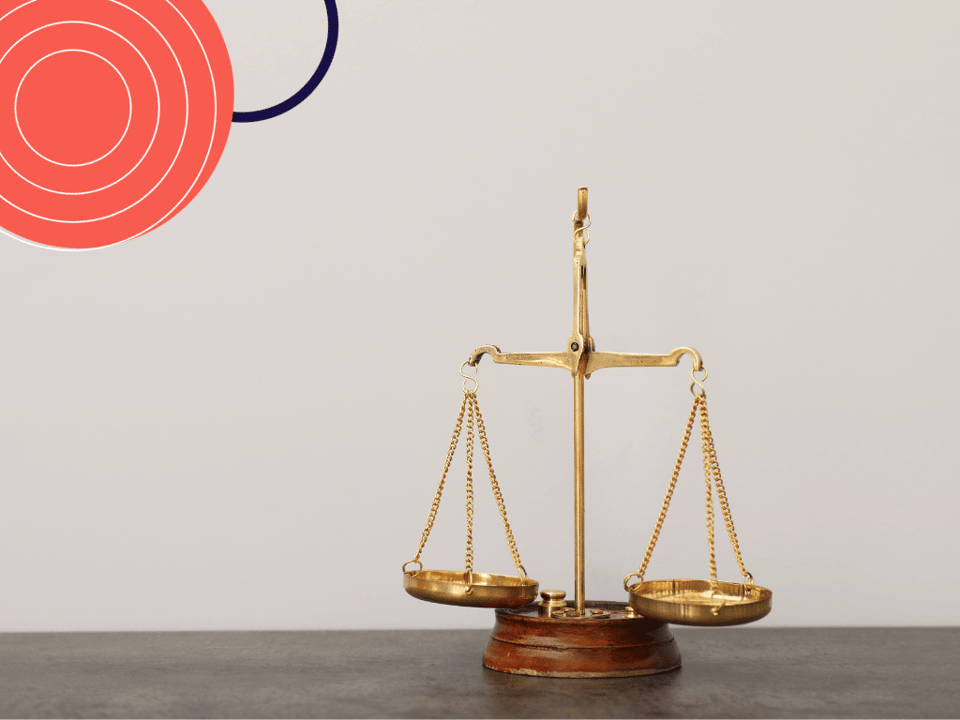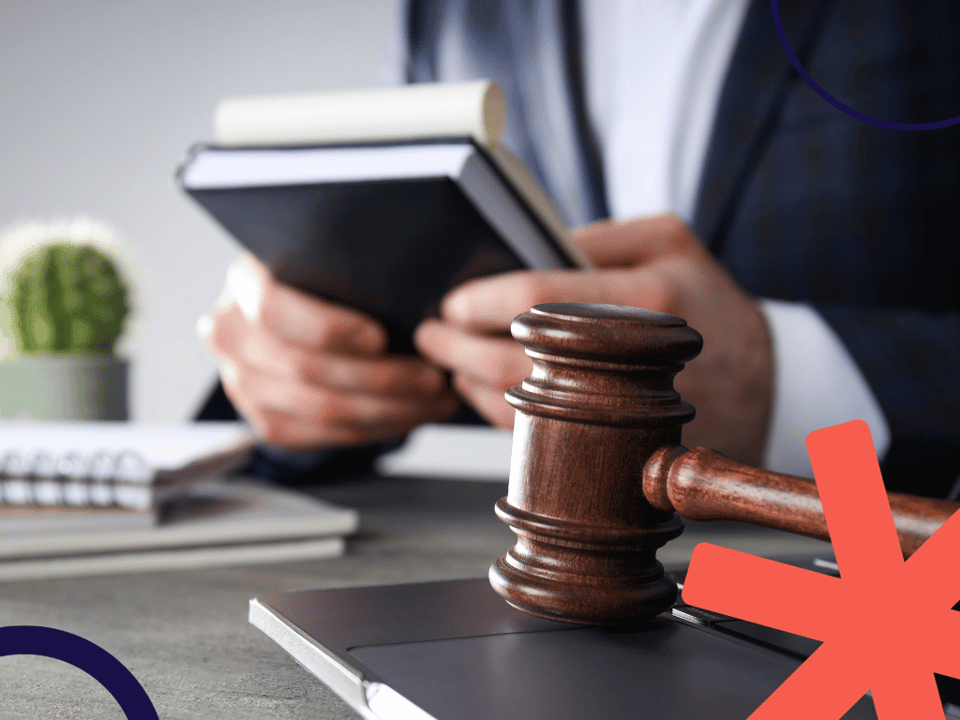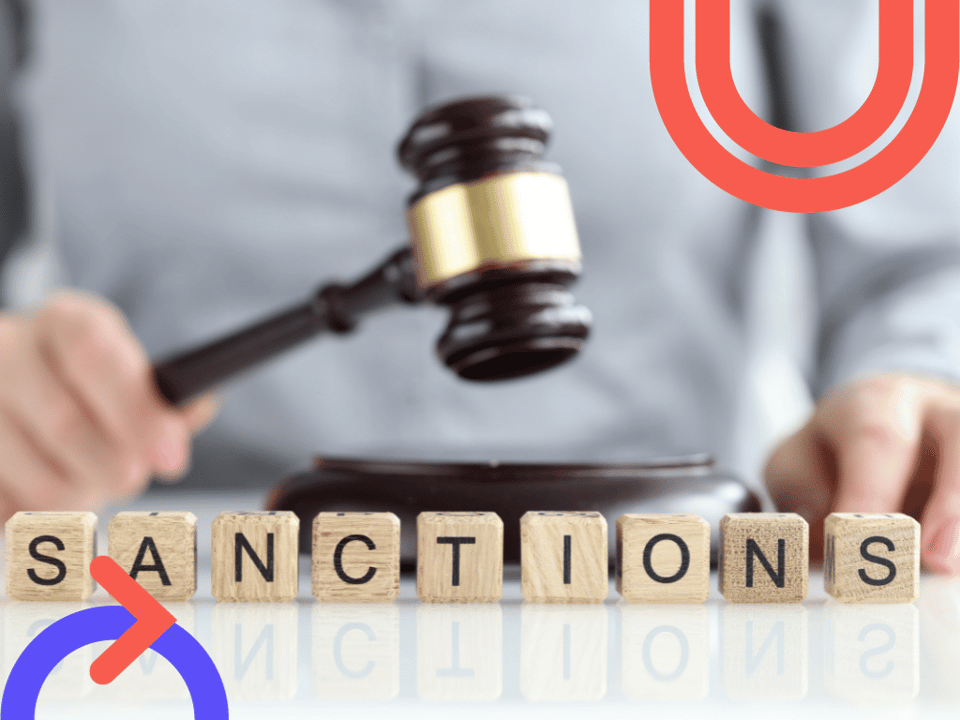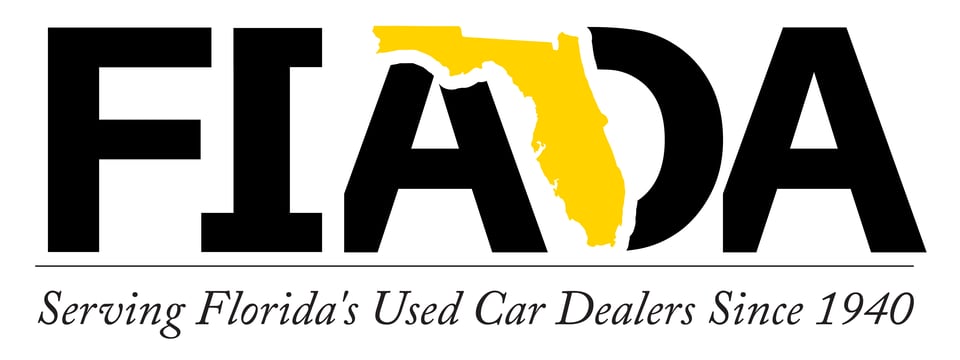Key takeaways:
If there's a judgment against your business, it means that a court has formally ruled that your business owes a specific debt or obligation. This can lead to enforced collection methods such as asset seizure, bank levies, or liens on business property, potentially affecting the company's operations and financial standing.
A judgment against your business, a complex doctrine encompassing legal processes and potential consequences, is an abstract reality many businesses face. This involves the roles of the judgment debtor and the judgment creditor, with courts often intervening in this lawsuit scenario. If you're wondering "if I have a judgement against me what happens?", it's essential to know that this typically stems from debt judgments, which can have serious implications for the future of any debtor business. Such business debtor situations can negatively impact relationships with creditors, and potential debtors should be aware of this. Understanding the doctrine of real property, as well as the consequences of personal judgments, is crucial for any business owner or clerk seeking to navigate the intricate landscape of business law and abstract concepts.

A judgment against your business can hurt. It's like a big, red flag to lenders. They may think twice before giving you credit.
Judgments stick around for a while. A debt collector can stay on your credit report for up to seven years, impacting debtors including judgment debtor and debtor businesses. That's a long time!
After a judgment, debtors paying their bills on time is key in a debtor business. This can prevent a business debtor lawsuit. Lenders want to see that you're reliable. This can help improve your credit score over time.
With a lawsuit judgment against your business from a law firm, getting future loans might be tough, especially if the board doesn't rule in your favor. Lenders could see directors as risky and hesitate to lend money, especially when the business judgment rule is applied to exempt property.
Remember, judgments aren't the end of the world for your business, as the rule of exempt property may apply. But they do make things harder. You'll need to work extra hard to rebuild trust with lenders, especially in property matters under the business judgment rule.

A judgment against your business means you owe money. It's a court order. The business judgment rule in law has steps to ensure property debts get paid.
The creditor plays an important part in this process:
It can be hard work, but it’s necessary.
If a debtor doesn't comply with the rule of judgment on property, things can get worse.
These are serious consequences that no one wants.
Having a lawyer during enforcement is crucial. Here’s why:
Don’t underestimate their value in this situation.

After a judgment against your business, collecting debts becomes a priority. Various tools and strategies can help in this process. For instance, you could garnish wages, levy bank accounts, or even explore options to sell judgment debts to third parties.
Negotiations play a crucial part in debt collection efforts. A settlement agreement may be the best way to collect without spending too much time and money on legal battles. Remember, it's always better to get some of the amount owed than none at all.
Sometimes, hiring professionals like collection agencies or attorneys is the smart decision. They have experience with these situations and can often get results faster. Plus, they know how to stay within the rules of fair debt collection laws.
Speaking of laws, it's essential to maintain compliance with fair debt collection laws during your attempts. Breaking these rules can lead to penalties that will only add to your problems.
Professional help can streamline the process and potentially increase your chances of success. For example, an attorney might find ways to enforce judgments that you hadn't considered.
Writs are legal tools. They help collect debts from businesses. A court issues these writs.
There are two types of writs: garnishment and execution. They're different. A garnishment writ allows taking money directly from a debtor's wages or bank account. An execution writ, on the other hand, gives the power to seize a debtor's property.
To get these writs, you must go to court. The process involves filing a request with the clerk of the county where your debtor lives or works.
These writs can have big impacts on a debtor's assets and income. When a garnishment order is issued, part of the debtor's wages will be taken until the debt is paid off. If an execution order is issued, some properties owned by the debtor may be sold to pay off the debt.
In both cases, it's important for debtors to know their rights under law. For example, some types of income like social security benefits cannot be garnished.

Bankruptcy can be a lifesaver for businesses drowning in judgment debts. It can reduce or even wipe out these debts completely.
Businesses under judgment debts have several bankruptcy options. These include Chapter 7, Chapter 11, and Chapter 13 filings. Each one has its own set of rules and benefits.
Filing for bankruptcy comes with both good and bad outcomes. On the upside, it provides relief from creditors and legal protection. On the downside, it impacts credit ratings negatively.
Bankruptcy affects a company's financial health long after filing. It remains on credit reports for years, making future borrowing more difficult.
A business's reputation takes a hit after declaring bankruptcy. Customers may lose trust in the company's ability to deliver products or services reliably.
The "business judgment rule" protects directors who make decisions in good faith that turn out badly. But this doesn't apply when bankruptcy is involved due to poor financial management.
Understanding the intricacies of business debt judgments is crucial for maintaining financial stability. The impact on your business credit score, enforcing these judgments, and strategies for collection are all important aspects to consider. Understanding legal tools like Writs of Garnishment and Execution can provide valuable insight. Lastly, knowing how bankruptcy affects business judgment can guide businesses in their decision-making process.
The key is to stay informed and proactive in managing your business debts. If you're facing a judgment against your business, it's advisable to consult with a legal expert who can guide you through the process and help minimize potential damages to your company. Remember that every situation is unique and requires an individual approach.
If there's a judgment against your business, the repercussions can be daunting. Yet, with Debexpert's international debt trading platform, you have an avenue to address this challenge head-on. They can facilitate the sale or purchase of your business debt, potentially easing the financial strain. Click here and explore how Debexpert can provide innovative solutions for judgments against your business. Act now and turn a potential business setback into a strategic opportunity!


